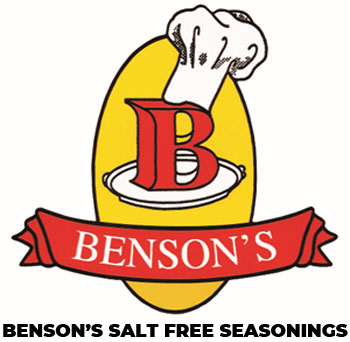The kidney diet often referred to as the renal diet is designed for people with kidney disease. Over 31 million people here in the US have kidney disease and the numbers are increasing. Medical professionals such as doctors and hospitals working with kidney disease patients developed this special eating plan with the medical science community and are based on scientific research. There is no single kidney diet as each plan is specific to each person. This requires careful research and monitoring in order to design the correct plan for each patient’s needs. The patient needs to work with a renal dietitian to get the right eating plan to fit their dietary requirements. This is based on information such as age, activity, if they are on dialysis and the degree of kidney failure. There are strict guidelines to control the amount of protein, fluids, phosphorous, potassium and sodium that are consumed, and this helps the kidneys.
Protein is an element that should be monitored. Protein is needed to repair, maintain and build muscles, glands, and organs. When protein is used by the body it creates urea. Urea is a waste product that is filtered from the body in urine by the kidneys. When the kidneys are not working properly, urea can build up and could cause other serious illness. Controlling the amount and type of protein consumed is necessary to extend the health of the kidneys.
Fluids both the type and the amount can be a major concern depending on how much kidney function there is.
Phosphorus and potassium are two other minerals that are found in high amounts in many different foods, such as fruits, vegetables, nuts, colas and dairy foods. These minerals are also necessary for bodily functions. The kidneys task is to regulate the amount of these minerals that are in the body. Having an overabundance of phosphorus can cause bone loss and too much potassium can adversely affect the heart. Most salt substitutes are made of potassium chloride and are not allowed on most kidney diets. Many low sodium products are now being made with potassium chloride. You must pay attention to this to help avoid too much potassium in your diet.
Sodium is important to many bodily functions and can be found in abundance in our foods, especially processed food, fast food and restaurant food. One important function that sodium controls the amount of fluid in the body. With a high level of sodium in the body, thirst is increased and fluids build up. The kidneys help to keep the amount of sodium in the body at the correct levels. Too much sodium intake can put unneeded pressure on the kidneys. Too much sodium has been proven and linked to increasing blood pressure. Controlling blood pressure is of major importance to help the kidneys and prevent further damage from kidney disease.
Simply stop adding extra salt to your food at the table or while cooking will help to significantly reduce sodium intake. Many people add salt to their food at the table out of habit, and just by removing the salt shakers can help eliminate that habit. Don’t cook with salt. Use herbs and spices instead. It is also important to stay away from salty foods like potato chips, salted popcorn, processed cheese, and bacon, ham or any other cured meats. Often canned, frozen, and processed foods are loaded with sodium. It is important to check the ingredients of these foods for their sodium content. Canned soups are one of those foods that can have an enormous amount of sodium. There are now many brands with lower sodium versions. Be aware these may still be fairly high in sodium especially for kidney patients and may be made with potassium chloride instead of salt.
With so many people relying on salt to add flavor to food, it is smart to discover a replacement for it. Many choose natural salt substitutes like fresh lemon juice or vinegar. They may find a specific herb or spice like black pepper, as a flavor they like and use it to add flavor instead of salt. There are a number of salt-free seasonings without potassium chloride available that will safely create more flavorful low sodium meals while following the kidney diet.
And now for more low sodium tips and information, I invite you to sign up for our FREE Season It Newsletter when you visit Benson’s Gourmet Seasonings at http://BensonsGourmetSeasonings.com.
